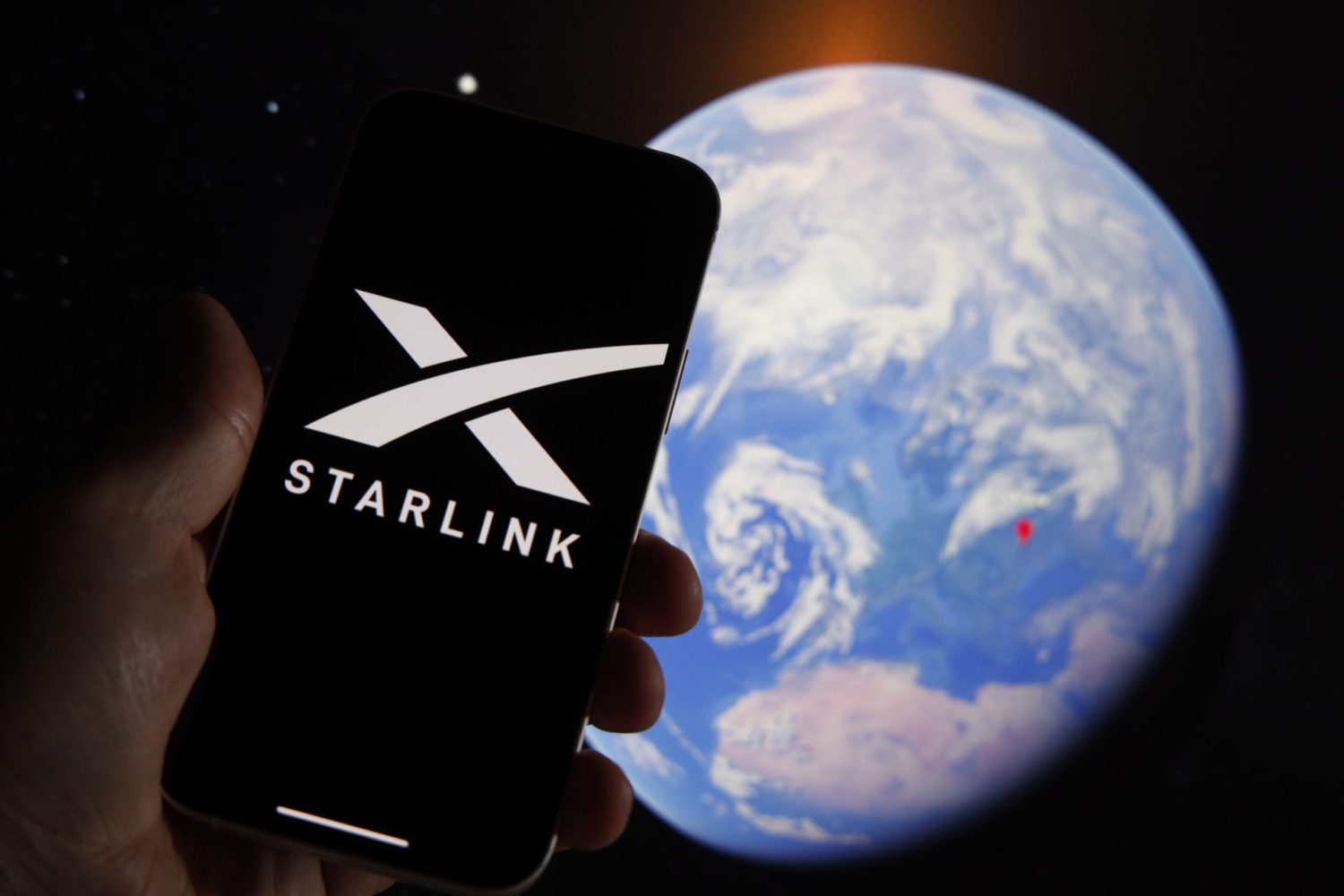How Senegal’s Internet Blackout Put Starlink Dealers In Hot Water

Five people have been detained by Senegalese authorities for selling Starlink terminals without requisite authorisation amid the government-enforced internet blackout that has kept the country offline since last week.
The National Police’s Department of Urban Security made the arrests on Monday, August 7, and individuals detained could have the book thrown at them which could mean up to five years in prison and a fine of 60 million CFA (USD 100 K). The Senegalese government is detaining those who are selling Starlink in the country for “illegal provision of internet access and irregular marketing” just a week after shutting down the internet for the third time within a one-year period.
With only a clear view of the sky needed, SpaceX’s Starlink provides high-speed internet connection via satellite at speeds of up to 150Mbps. In the event that the government decides to halt internet services as is the case in Senegal currently, customers can avoid conventional telecom operators and continue to use the internet by getting on censorship-resistant Starlink.
In Africa, Starlink is currently available in Nigeria, Rwanda, and a handful of other countries where it has been given the all-clear from regulatory authorities, and there are plans to roll out to 19 more countries on the continent this year. At this time, Starlink is not officially available in Senegal and the company hasn’t mentioned the country in its roadmap as of yet, but locals might have found a way around that, similar to what is unfolding in South Africa where users have reportedly come to rely on a backdoor.
Reports suggest eager South Africans have found ways to circumvent the regulatory impasse keeping Starlink out of the country by utilizing the device’s roaming feature, albeit requiring payment in foreign currency and importation from neighbouring countries. More than a thousand South Africans are said to be currently using Starlink by having the kit shipped to and imported from nearby countries such as Mozambique, and paying a premium for the logistics and regional roaming.
Some form of this arrangement would have been co-opted in Senegal where a few dealers are now in hot water in the midst of rising tensions troubling the country. Additionally, the Telecommunications Regulatory Authority has warned all service providers involved in selling Starlink and related operations to immediately suspend their services.
The incarcerations are part of a larger pattern of internet restrictions implemented by the Senegalese government as a means of keeping its populace under control. Following the arrest of opposition politician Ousmane Sonko, internet access was restricted last month. Following Sonko’s re-arrest last week, Internet services were once again suspended.
The Senegalese government recently banned the popular social networking site TikTok in addition to the internet blackouts, citing worries that it is being used to disseminate “hateful and subversive messages,” as stated by the country’s minister of communications, telecommunications, and the digital economy, Moussa Bocar Thiam.
This unfolding saga highlights the persistent battle between the Senegalese government and its people over internet access and the right to free speech. The debate about internet censorship in the nation continues as the government cracks down on tools and services like Starlink.
Featured Image Credits: STR | Nurphoto | Getty Images